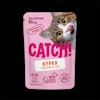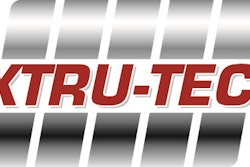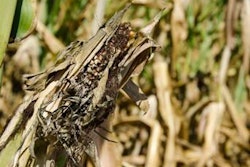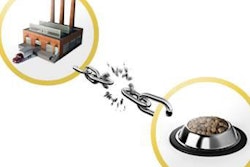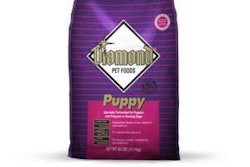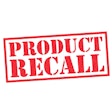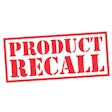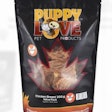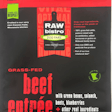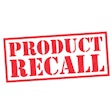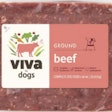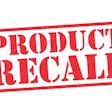The Canadian Food Inspection Agency (CFIA) finds Salmonella in over 10% of animal feed despite a zero tolerance for the bacteria, according to an investigation by CBC News in late December 2012. That level seems high, but is zero Salmonella practical or even possible?
In its report, CBC quoted Melissa Dumont, director of technical services for the Animal Nutrition Association of Canada (which represents feed manufacturers), who said Salmonella is “everywhere in the environment … it’s very hard to control, so there’s a possibility we can find Salmonella in feed.”
In the US, the Food and Drug Administration (FDA) has had a zero tolerance policy since 2010, which is arguably the main reason behind the increase in petfood recalls over the past two years. In many of those cases, a minute amount of Salmonella was found in a plant (because Dumont is right, it’s everywhere in the environment); so even though no products, pets or people were affected, the manufacturer prudently decided to recall all batches produced at that time.
In both countries, how the respective agencies enforce their zero-tolerance stances has a significant impact on whether recalls or other corrective actions occur. Paul Mayers, CFIA’s vice-president of policy and programs, told CBC News that his agency takes a risk-based approach to determining corrective actions. The report mentions a Manitoba feed producer who said CFIA is concerned with only six of the more than 2,500 strains of Salmonella and lets feed enter the market normally if none of those six strains is detected.
Similarly, FDA narrowed the focus of an import alert for Canadian canola meal to eight strains of Salmonella after processors petitioned regulators to relax restrictions. But FDA won’t back down in high-risk situations: Last November, the agency suspended a food facility’s registration—essentially shutting it down—for the first time after receiving that power under the Food Safety Modernization Act (FSMA).
The facility belonged to Sunland Inc., which had over 200 peanut butter products recalled after contaminated products sickened 41 people in 20 states. FDA allegedly found Salmonella throughout the plant and said the company shipped contaminated products for more than three years, sometimes failing to detect when Salmonella was present.
US petfood manufacturers are hoping a risk-based approach is the philosophy behind new regulations still to come under FSMA, which just passed its second anniversary with few concrete outcomes. Aside from cases like Sunland, to date the law has mostly produced anxiety and frustration—even lawsuits against FDA and the Office of Management and Budget for delays in issuing regulations.
In December, PetfoodIndustry.com hosted a webinar, “FSMA is coming tomorrow—what you need to do today” (sponsored by Extru-Tech). You can access an archive on the site (after registering; registration is free) or find some of the information on p. XX.
In the question and answer segment, the webinar speakers—Jim Giranda, vice president of food safety and quality systems for American Nutrition, and Dr. David Acheson, managing director of food and import safety for Leavitt Partners—were asked to predict when FSMA regulations might finally emerge from the federal morass in Washington, DC. Acheson, former associate commissioner for foods at FDA who developed the 2007 Food Protection Plan, the basis for FSMA, said he believes guidance documents for preventive controls will start to come out early this year.
Yet still we wait. Perhaps the webinar information will help you prepare, as might attending Petfood Forum 2013 (p. xx), where Giranda will speak. His topic? Ways to achieve the food safety objective of zero Salmonella—because as he said in the webinar, ensuring safety should be every manufacturer’s objective, regardless of regulations.
Â

